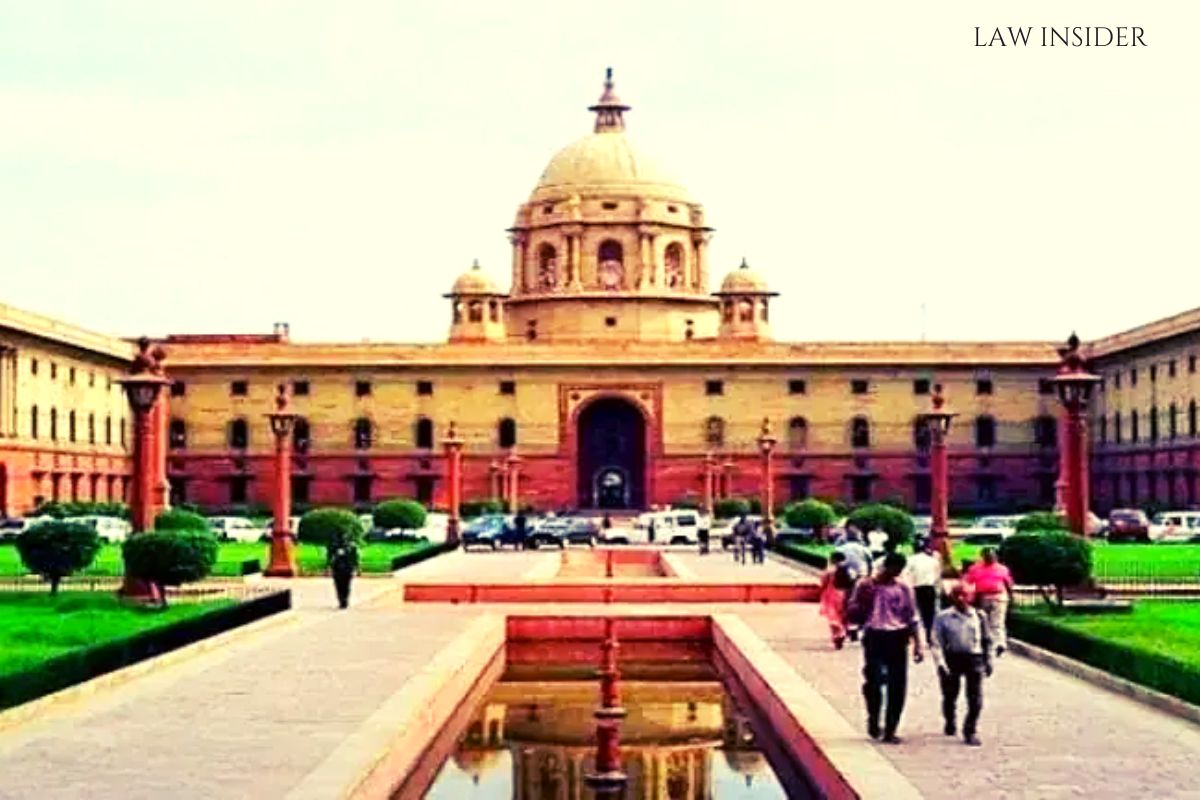Khushi Bajpai
Published on: October 11, 2022 at 06:57 IST
According to a recent ruling by the Allahabad High Court, a Muslim man cannot get into a second marriage if he is unable to support his first wife and children.
The appeal brought under Section 19 of the Family Courts Act of 1984 challenged the Principal Judge’s decision to deny the plaintiff’s claim for the restoration of conjugal rights. The case was heard by the bench of Justices Surya Prakash Kesarwani and Rajendra Kumar.
In this case, the father of the respondent/wife has gifted his immovable property to the respondent and she is living with her old father who is stated to be more than 93 years old and is looking after all his care.
The appellant/husband has contracted second marriage and suppressed the fact, but the fact of the second marriage and also that some children were born from the wedlock with the second wife, was admitted by own witnesses of the appellant.
The husband has admittedly not disclosed to his wife either his desire to get into a second marriage or the fact that he will treat both of his spouses equally in terms of love, affection, and treatment.
The bench cited the Supreme Court’s observation in the case of A.K. Gopalan vs. The State of Madras that, “the people of India have in exercise of their sovereign will as expressed in the preamble, adopted the democratic ideals which assure the citizen the dignity of the individual and other cherished human values as a means to the full evolution and expression of his personality, and in delegating to the legislature, the executive, and the judiciary their respective powers.”
When interpreting a provision of Part III of the Indian Constitution, it is important to keep in mind the intention and spirit of the Preamble as well as the importance of a Declaration of Fundamental Rights from a constitutional perspective. “The greatest assertion of liberty for which the people of this nation may justifiably feel proud is this one. The cornerstone of justice has served as the foundation for this republic.”
The High Court ruled that all Muslim males must treat orphans fairly in accordance with the command of the Holy Quran cited above.
If he can’t treat the orphan fairly, a married Muslim man who still has his wife cannot wed another Muslim woman. If a Muslim man finds himself in such a situation and finds himself unable to care for his wife and children, he is required to abstain from performing a second marriage.
The bench said that Sura 4 Ayat 3‘s religious command to treat orphans with justice before marrying any number of women—two, three, or four—is mandatory on all Muslim males.
If a Muslim man feels that he will not be able to treat orphans with justice, however, he should only marry one woman.
As stated above in the Holy Quran, a Muslim man is not permitted to marry another woman if he cannot care for his wife and children.
According to the High Court, a Muslim husband is legally permitted to marry a second woman even if the first marriage is still going strong.
However, if he does so and then asks the Civil Court for help forcing the first wife to live with him against her will under threat of harsh penalties, she is entitled to ask the court whether it would be appropriate for it to do so as an equity court.
The circumstances of his second marriage, in that situation, are essential and important in determining whether his behavior in choosing a second wife constituted in and of itself a cruel act toward the first.
The bench ruled that the appellant’s actions amounted to cruelty to his first wife because he had entered into his second marriage while concealing this information from his first wife.
Given the situation, the first husband cannot force the first wife to live with him in a lawsuit he filed for the restoration of their conjugal rights if she does not want to.
From the perspective of the woman, granting the husband’s request for a decree of conjugal rights would be a violation of her fundamental rights, which are protected by Article 21 of the Indian Constitution.
The High Court dismissed the appeal in light of the aforementioned.

